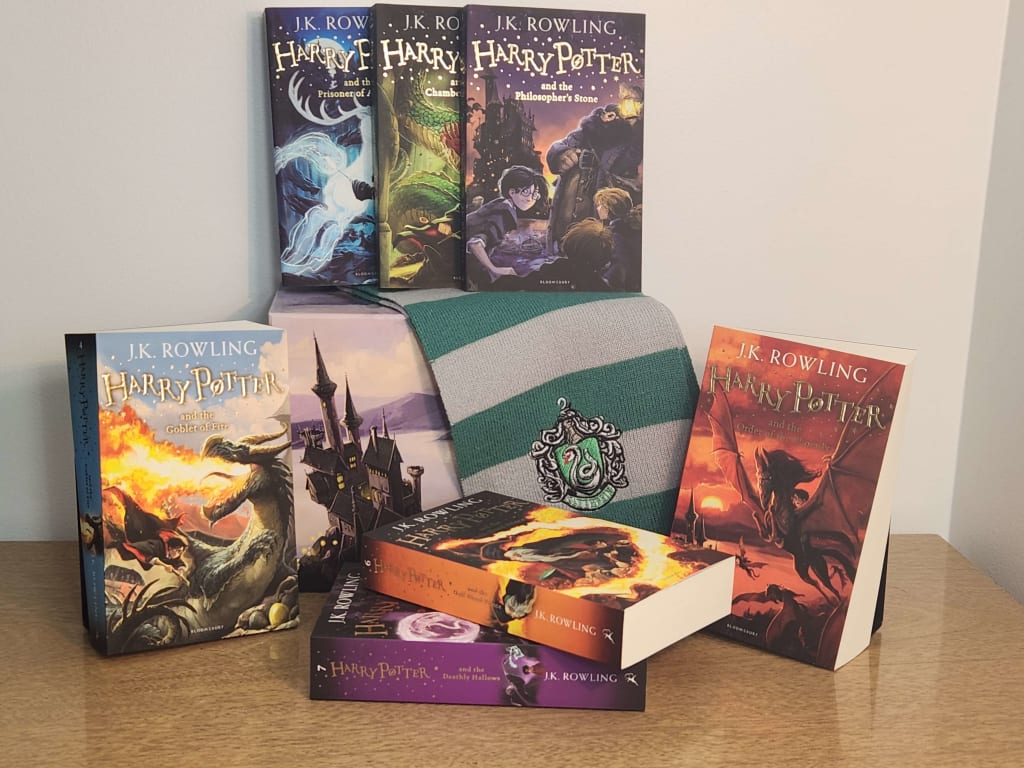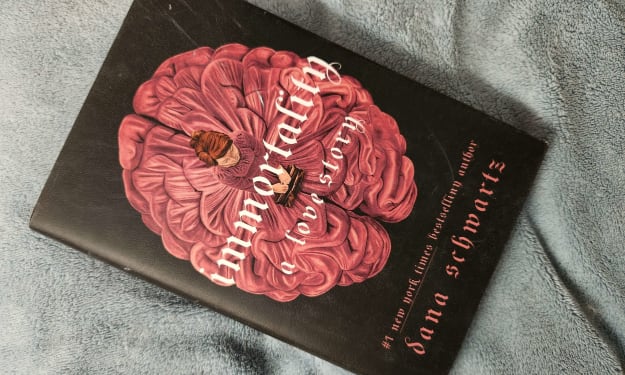[Analysis] Are Audiobooks Reading?
Exploring one of the reading community's most hotly debated questions.

"Are audiobooks considered reading?" It is a question that arises in the debate circles of reading sites and groups on and off throughout the year, typically in response to a new reading challenge being administered. It is a question always phrased in such a way that those who like audiobooks will be offended, those who loathe them will be rallied to defend their position, and those who don't care will feel the need to add their two cents into the mix. Often, the question will devolve into a debate on the validity of print books versus electronic books (ebooks) versus audiobooks and the initial question is never answered, let alone discussed beyond the first few comments. It is a question, it seems, that is designed purely to spark debate rather than to encourage an answer.
So, what is the answer?
Before we begin, it is important to understand what 'reading' actually means. According to the Oxford English Dictionary (which has six definitions depending on the context in which the word is being used), the verb 'read' (gerund or present participle: reading) is defined as: 'look at and comprehend the meaning of (written or printed matter) by mentally interpreting the characters or symbols of which it is composed' and 'discover (information) by reading it in a written or printed source'. Since these two definitions specifically address the context in which we are speaking - that is the dissemination of information in the form of letters, books, etc. - these definitions are the ones we will be focusing on. For other definitions and the contexts in which they apply, please refer to the Oxford English Dictionary (available online).
Taking these definitions (and others that fall under their banners) into consideration, the answer to the question "are audiobooks considered reading?" can be answered with an emphatic "no". Listening to an audiobook does not involve looking at written words and symbols (and interpreting their meaning), nor does it involve discovering information by reading it in a written or printed source. Why, then, is this subject a debate? Why does the subject continue to be revived? In order to answer that question, I think we need to look at two factors: the emergence of the audiobook as a medium by which stories can be delivered, and another method by which letters and symbols are interpreted when written on a page - that is, the written language of braille.
Audiobooks first emerged in 1932 with the establishment of a recording studio by The American Foundation for the Blind, but there is evidence of the sharing of spoken-word recordings dating back to the late 1800s and early 1900s. In the beginning, recordings were limited to Shakespearean plays, the Constitution, and Gladys Hasty Carroll's novel, "As the Earth Turns". As more recording companies began to emerge, more audiobooks were released, and by the late 1990s and early 2000s, they saw a surge in popularity. Much of this surge can be attributed to the rapidly advancing technology of the time and the rise of portable media players (e.g., the Walkman, the Discman, and later the iPod and similar mp3 music players), making stories on the go even more appealing.
In summary, audiobooks were designed to ensure those who were visually impaired or who were incapable of reading could enjoy the myriad of stories available.
But does that mean, then, that audiobooks are reading? The answer is still "no", but the context of audiobook history, and the reason for its invention, does spark many people to follow up with the question: can a visually impaired person read a book? And the answer to that, while being a simple "yes, that's a silly question", is what brings us to the subject of braille. Braille is a form of written language used by the visually impaired. Its characters are represented by patterns of raised dots that are felt with the fingertips. The raised dots are then interpreted, allowing the individual to decode the information on the page in a similar way to how words on a page are processed. It is here we see a flaw in the definition of 'reading'.
If braille is not processed by the eyes - and the definition of 'read' does include the word 'look' - but is considered reading, then how are audiobooks not also reading?
In order to answer that question, we must look not to the eyes but the muscle that is in charge of processing the information we see: the brain. It is here that we see the main differences between 'reading' and 'listening'.
When reading a book, a letter, or another written text, several areas of the brain will activate. The temporal lobe (responsible for decoding sounds and phonological awareness), the angular and supramarginal gyrus (which link or integrate multiple parts of the brain to perform the reading activity), and the frontal lobe (which is responsible for creating speech sounds and helps you think about pronouncing written words). When an individual is reading braille, tactile areas of the parietal lobe are activated but, interestingly, touching letters written in braille also activates part of the occipital lobe normally reserved for vision.
A visually impaired person reading braille is using many of the same areas of the brain someone would use while reading print, including the occipital-temporal region (located at the back) where the brain stores the appearance and meaning of words.
When processing speech and words, on the other hand, there are some similarities but also some differences as well. The temporal lobe (which contains the primary auditory cortex) plays a part, as does the angular gyrus. However, other areas of the brain responsible for visual processing are not engaged. Instead, areas of the brain focused on auditory processing and language - such as the Broca's area (associated with speech production and articulation) - are activated to process the spoken word. This is true of music and other auditory information as well. Hearing (or in the case of an audiobook, listening) is regulated in other parts of the brain because it is our ears that are engaged, not our eyes.
This is, of course, not considering the areas that activate due to a person's emotional reaction to what they are hearing or seeing - as emotional reactions may cause other areas of the brain to light up - or that activate as they internally visualise. It also only takes into consideration what we understand about the brain at the present point in time. Learning how the brain functions, understanding what each part of the brain contributes, and simply knowing how the brain works is an ongoing study. It is information that may change in five years or even ten as scientific advancements allow us to understand the inner workings of the mind with more clarity than we do now.
In short, however, we can use this information to conclude that listening to audiobooks is not 'reading' - objectively speaking. But if you take a moment to read between the lines of the question (or look at the comments on these sorts of posts), it becomes very clear that when people ask the question "are audiobooks reading?", they don't actually mean the question as written most of the time. Instead, what they are asking is "do audiobooks count as reading?" and that is a different question entirely. To that, I say yes. If you are listening to an audiobook, you are still consuming the story, therefore it counts as reading for the purposes of whatever metric you are measuring (the Goodreads Reading Challenge, personal challenges, etc.).
So enjoy those audiobooks; enjoy those print books; enjoy those books you downloaded to your eReader. Just enjoy yourself. Besides, some people find the tonal nature of audiobooks to be much more pleasing than their own inner voice reading the words to them. And some books are best consumed aurally for maximum effect.






Comments
There are no comments for this story
Be the first to respond and start the conversation.